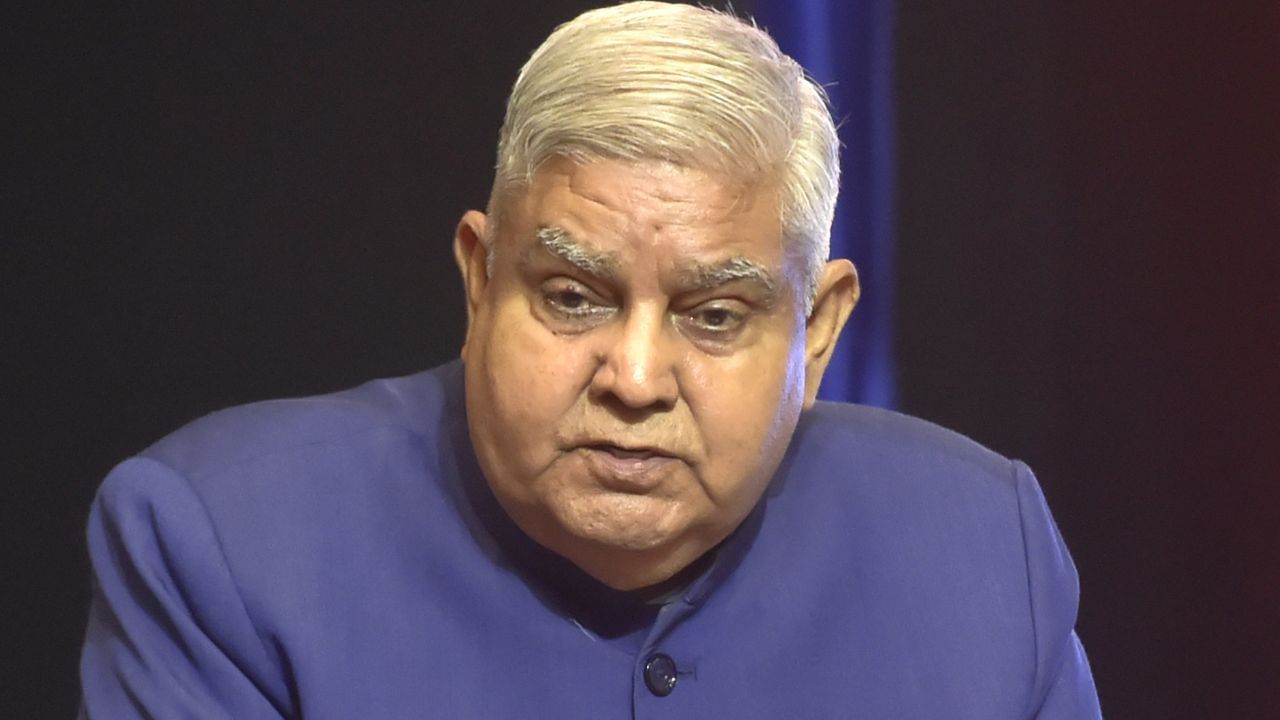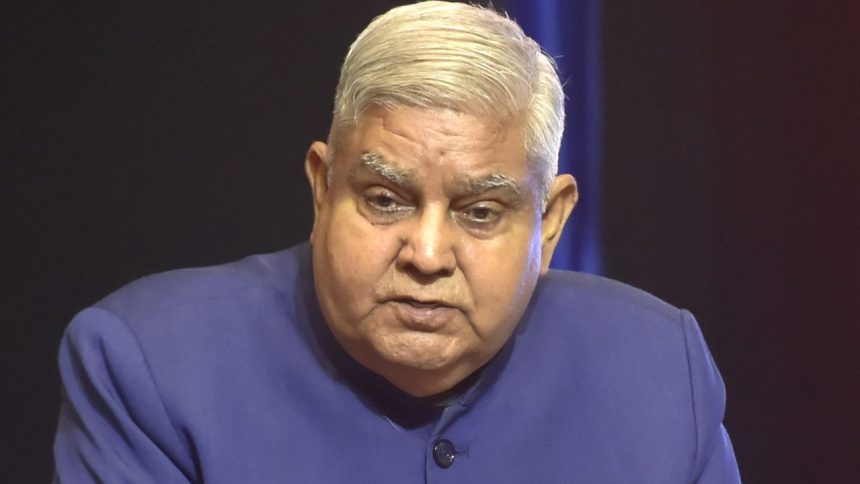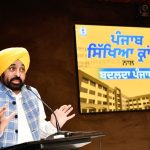
New Delhi: Vice-President Jagdeep dhankar on Tuesday extended his greetings to the people of the country on the occasion of the 73rd anniversary of the first sitting of the Rajya Sabha. He called this a moment of national pride and a time for reflection on the values of parliamentary democracy.
This year’s celebration is even more special as it also marks the 75th year of the Republic of India. In his message, the Vice-President praised the Rajya Sabha’s long-standing role in raising public concerns and guiding national discussions.
This day marks 73rd anniversary of the commencement of the first sitting of the Council of States, the Rajya Sabha, the Upper House. Significantly, this coincides with the 75th year of our Republic. Indeed a moment of deep reflection for us all, and also of pride that over the… pic.twitter.com/KT8ACTwmv7
— Vice-President of India (@VPIndia) May 13, 2025
Remembering the founding members
The Vice-President also paid tribute to the members of the Constituent Assembly who helped lay the foundation of India’s democratic system. He recalled how they discussed difficult and complex topics with dignity, cooperation, and consensus. Their efforts helped shape the Parliament that India has today.
On this occasion, the Vice-President appealed to all Members of Parliament and public representatives to uphold the values of dignity and constructive debate in Parliament. He urged them to put the interests of the nation and national security above all other considerations, including political differences.
Importance of Rajya Sabha
The Rajya Sabha, also known as the ‘Council of States’, is the upper house of the Indian Parliament. It plays an important role in India’s democratic setup by working alongside the Lok Sabha to pass laws. A bill usually becomes law only after it is passed by both houses and approved by the President.
The Rajya Sabha was formed to give representation to the states in the national law-making process. It serves as a platform where state-related issues can be discussed at the central level, helping maintain a balance between national and regional interests.
Structure and Functions
The maximum strength of the Rajya Sabha is 250 members. Out of these, 238 are elected by the states and union territories, while 12 are nominated by the President of India for their expertise in fields like literature, science, art, and social service. Members of the Rajya Sabha have a term of six years, which is one year more than the five-year term of Lok Sabha members. Unlike the Lok Sabha, the Rajya Sabha is a permanent body and is never dissolved. However, one-third of its members retire every two years.
The Rajya Sabha also plays a crucial role in reviewing and discussing government policies, schemes, and proposed laws. It holds the government accountable through debates and helps improve policy decisions by providing a second level of scrutiny. For any amendment to the Constitution, a two-thirds majority approval in the Rajya Sabha is also necessary.










